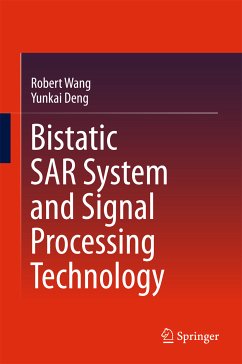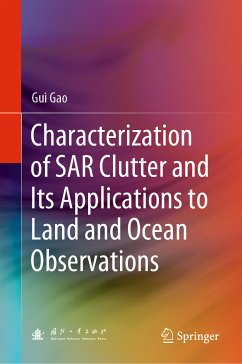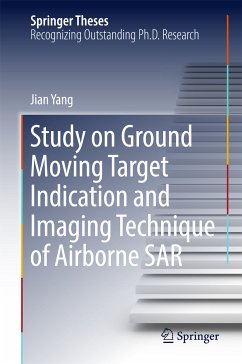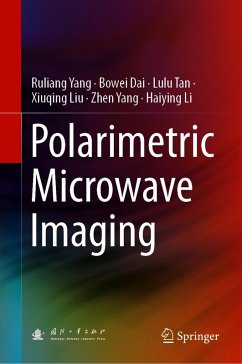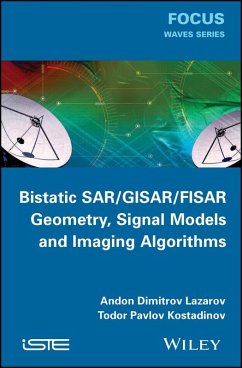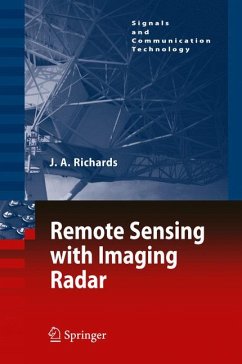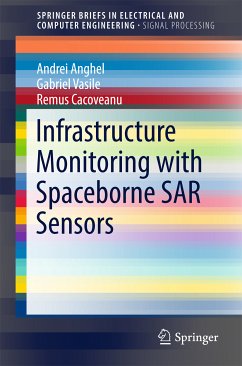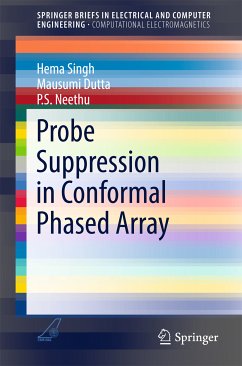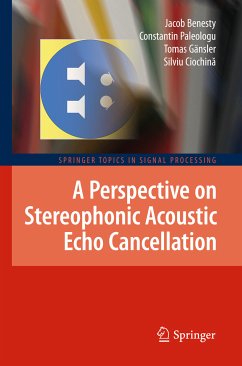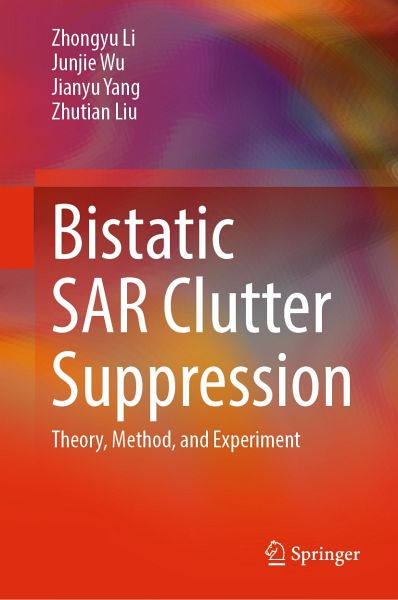
Bistatic SAR Clutter Suppression (eBook, PDF)
Theory, Method, and Experiment
Versandkostenfrei!
Sofort per Download lieferbar
40,95 €
inkl. MwSt.
Weitere Ausgaben:

PAYBACK Punkte
20 °P sammeln!
This book reports the latest results in the study of clutter suppression and signal processing techniques and focuses on the analysis of non-stationary characteristics of bistatic SAR clutter, DPCA-based clutter suppression method, optimization-based clutter suppression method, sparse recovery-based clutter suppression method, experimental verification and many other aspects, i.e., including the research results of realization technology and experimental verification. Bistatic SAR clutter suppression is the prerequisite and key technique for realizing the detection of moving targets on the gro...
This book reports the latest results in the study of clutter suppression and signal processing techniques and focuses on the analysis of non-stationary characteristics of bistatic SAR clutter, DPCA-based clutter suppression method, optimization-based clutter suppression method, sparse recovery-based clutter suppression method, experimental verification and many other aspects, i.e., including the research results of realization technology and experimental verification. Bistatic SAR clutter suppression is the prerequisite and key technique for realizing the detection of moving targets on the ground/sea surface. It is also the frontier and difficult issue of international research in the field of radar. Researchers, engineers and graduate students in radar signal processing can benefit from this book, who wish to learn the core theories, methods and applications of bistatic SAR technologies.
Dieser Download kann aus rechtlichen Gründen nur mit Rechnungsadresse in A, B, BG, CY, CZ, D, DK, EW, E, FIN, F, GR, HR, H, IRL, I, LT, L, LR, M, NL, PL, P, R, S, SLO, SK ausgeliefert werden.



